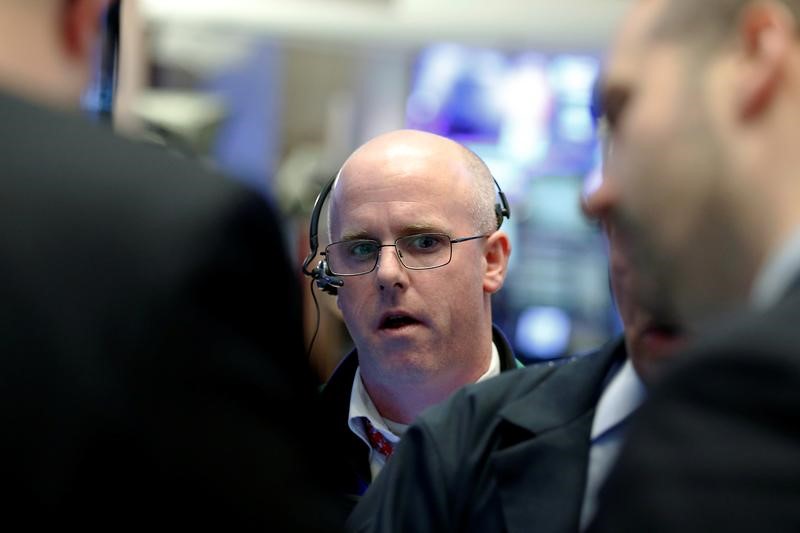This post was originally published on this site
https://i-invdn-com.akamaized.net/news/LYNXMPED0C0KP_M.jpg © Reuters. Judge blocks higher White House tariffs on imported solar panels
© Reuters. Judge blocks higher White House tariffs on imported solar panelsBy Jonathan Stempel
(Reuters) – A U.S. judge overseeing trade issues temporarily blocked the Trump administration on Thursday from reimposing tariffs on some imported double-sided solar panels, a defeat for domestic manufacturers that caused shares of some to fall.
Judge Gary Katzmann of the U.S. Court of International Trade in Manhattan said it was in the public interest to block trade officials from enforcing their decision to eliminate an exemption for so-called bifacial solar panels from the tariffs, while opponents challenge it in court.
Katzmann’s preliminary injunction is a victory for solar farm developers, including Chicago-based Invenergy Renewables LLC, that favored the exemption.
The office of U.S. Trade Representative Robert Lighthizer did not respond to requests for comment.
In Thursday trading, shares of First Solar Inc (O:) closed down 4.5%, while SunPower Corp (O:) fell 3.9%.
The United States in January 2018 imposed duties on solar panel imports beginning at 30% and expected to drop to 15% by 2021.
It exempted bifacial panels on June 12 but yanked the exemption on Oct. 4, projecting “significant” increases in imports. Invenergy sued on Oct. 22.
“The court has adopted nearly all of our arguments,” Invenergy said in a statement. “We are reviewing the order and preparing for the next steps.”
Bifacial technology is a small but growing part of the solar panel market, costing more but capable of producing greater power than traditional panels.
Consumers and importers said higher tariffs would boost their costs and were unnecessary because domestic producers did not make the panels and faced no harm from imports.
Domestic producers countered that solar farm developers could use monofacial or bifacial panels, and higher tariffs were needed to protect domestic production.
In his 55-page decision, Katzmann said tariff opponents would likely show it was “arbitrary and capricious” to withdraw the exemption.
“The facts on which USTR relied to implement the withdrawal remain unknown to all but USTR,” Katzmann wrote. “The public interest is served by ensuring that governmental bodies comply with the law.”
The Solar Energy Industries Association on Tuesday said tariffs from 2017 to 2021 on imported solar cells and modules would cut private sector investment by $19 billion and cost 62,000 U.S. jobs through layoffs or a lack of hiring.
SEIA President Abigail Ross Hopper said the trade group would “continue to make the case that the… bifacial exclusion was a fair and reasonable solution to the problem of domestic module supply shortages.”
Fusion Media or anyone involved with Fusion Media will not accept any liability for loss or damage as a result of reliance on the information including data, quotes, charts and buy/sell signals contained within this website. Please be fully informed regarding the risks and costs associated with trading the financial markets, it is one of the riskiest investment forms possible.

